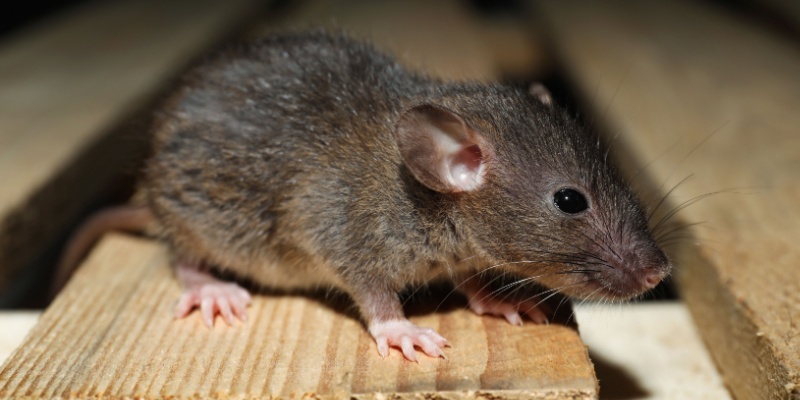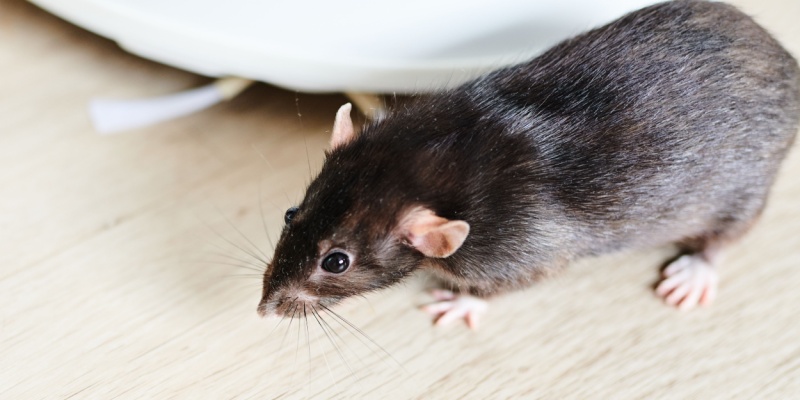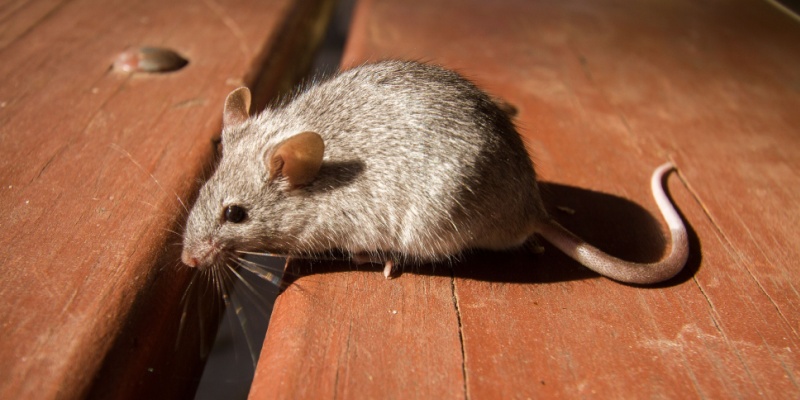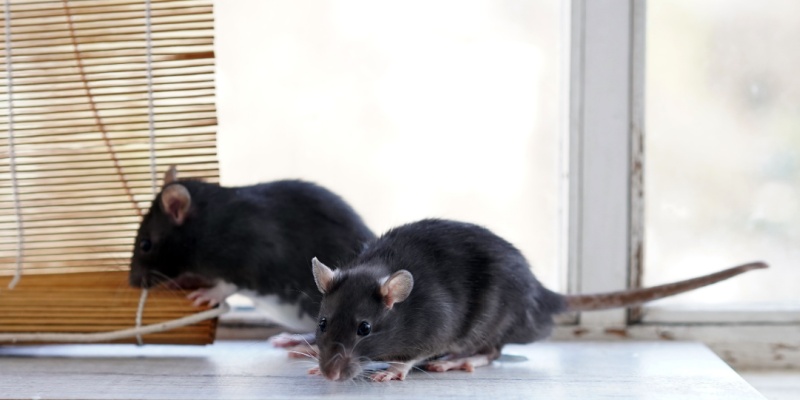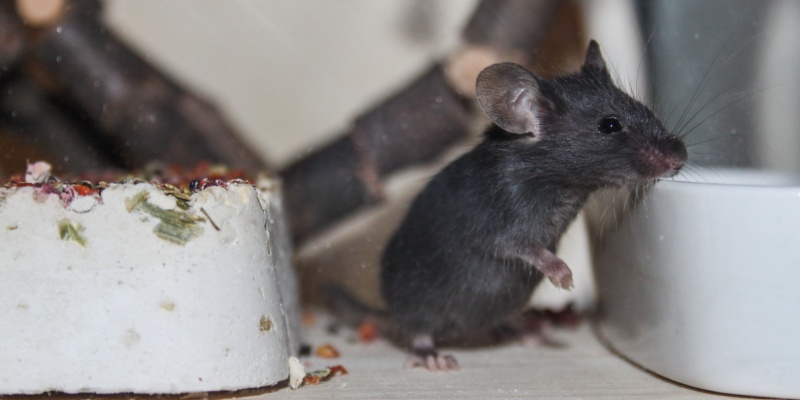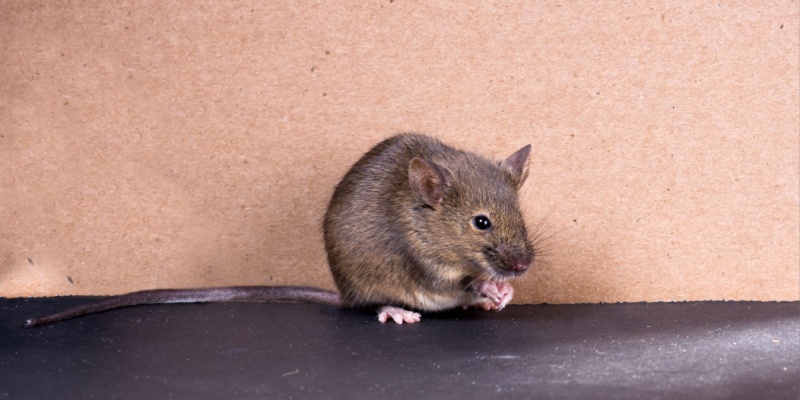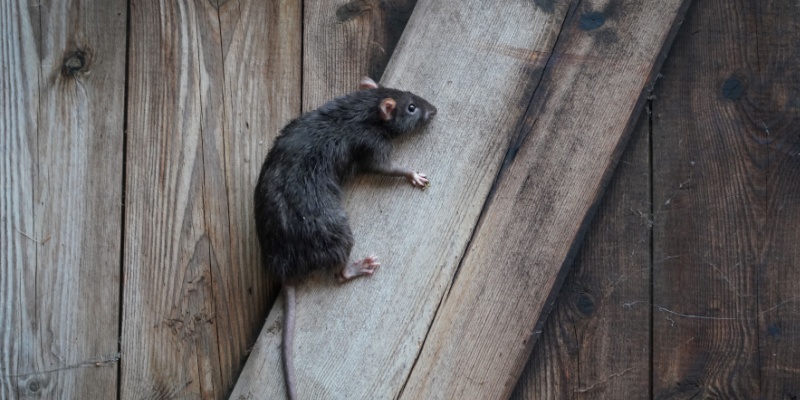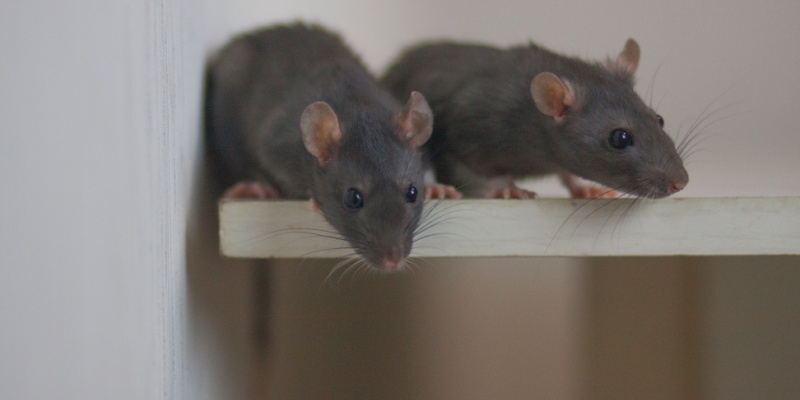Las Vegas is famous for its hot, dry desert climate. While the arid conditions might make some people assume rodents are less of a concern here, the truth is quite the opposite. Rodents such as mice and rats are highly adaptable creatures that can survive in a wide range of environments, including the desert surrounding Las Vegas. This climate creates several unique challenges that homeowners and pest control professionals must tackle head-on.
Limited Water Sources
One of the primary challenges in the Las Vegas region is the scarcity of water. Rodents seek out any available moisture, which often leads them straight to residential areas. Whether it’s air conditioning units dripping condensation or outdoor irrigation systems, rodents are quick to exploit these water sources for survival. Keeping your property free from standing water is crucial to deterring rodent infestations.
Key Steps to Limit Water Availability:
- Fix leaking faucets or pipes immediately.
- Empty standing water from buckets or outdoor containers.
- Inspect irrigation systems for leaks or overwatering.
- Ensure proper drainage around your home’s foundation.
Extreme Temperatures
Las Vegas temperatures can skyrocket in the summer and plunge at night, especially during colder months. Rodents seek the comfort of stable indoor environments, which makes local homes and businesses an attractive haven.
- Summer Heat: Rodents may invade air-conditioned buildings to escape the extreme heat.
- Cold Nights: When temperatures drop at night, rodents look for warm hiding spots inside walls, attics, and garages.
Desert Adaptations of Rodents
Some rodent species in the Las Vegas area have unique adaptations to desert life. Kangaroo rats, for example, can survive on very little water and are particularly adept at navigating sandy or rocky terrain. Mice and rats often rely on human habitats for shelter, where they find more consistent sources of food and water.
Structural Challenges
The desert soil can be sandy or rocky, making it easier for rodents to dig under structures or slip through cracks. This can complicate rodent-proofing efforts, as sealing every possible entry point requires vigilance.
Rodent-Proofing Tips:
- Use weather-stripping around doors and windows.
- Seal gaps around plumbing and wiring with steel wool or caulk.
- Inspect foundation vents and screens regularly.
- Keep landscaping trimmed to prevent nesting areas.
The Importance of Professional Pest Control
Given the extreme conditions and adaptability of rodents in the desert, professional pest control services are often essential. Experts have the knowledge, tools, and experience to identify rodent species and implement effective control measures. By understanding local rodent behavior and desert-specific challenges, professionals can offer customized solutions that make a real difference.
What Professionals Provide:
- Accurate identification of rodent species
- Safe and effective trapping and baiting methods
- Ongoing monitoring to prevent reinfestations
- Tailored strategies for desert environments
Rodent control in the Las Vegas desert climate is a complex issue that demands consistent effort and specialized strategies. From the scarcity of water to the temperature extremes, rodents will exploit any resource they can find. By partnering with a reputable pest control company like Pest Raiders and taking proactive steps to make your home less appealing to rodents, you can stay one step ahead. Don’t wait until you see or hear signs of a rodent problem—regular inspections and preventative measures can save you time, money, and stress in the long run.
